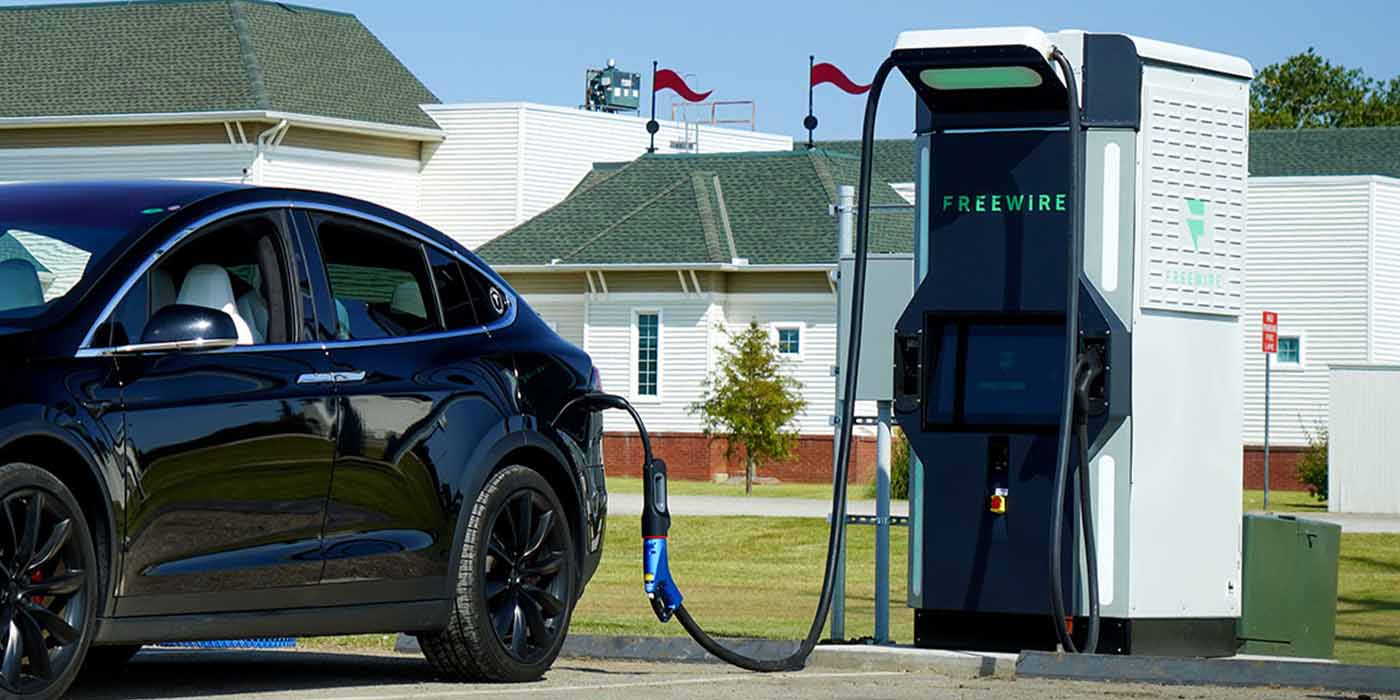
Washington state intends to mandate public chargers to use Tesla’s NACS plug if they want public money, according to Reuters, following hot on the heels of Texas’ announcement to do the same.
Tesla first announced its “NACS standard” last November, 10 years after the Model S, the first car using Tesla’s connector, hit the road. At the time, it seemed like a rather late decision, and we weren’t sure whether it would be adopted by other automakers since J1772/CCS had already been built into all other EVs in the US for about a decade.
However, both Ford and GM recently announced they would adopt the Tesla plug on their vehicles. This has set off a cascade of announcements from charging companies and other manufacturers about the future of charging, with most either supporting NACS or claiming they are “looking into it.”
The pace of announcements has been quite swift over the last few weeks, and now states are starting to get in on the game.
On Wednesday, Texas told Reuters that it would require NACS at public charging stations if those stations want to qualify for money from Texas’ allocation of federal NEVI dollars, though Texas said it would also require CCS.
NEVI is the Biden administration’s federal program to expand fast charging in the US, with billions of dollars of grants for fast charging stations that fit a certain set of requirements. It’s a large reason that NACS exists in the first place – Tesla only turned NACS into a standard after the program was announced, with the promise of billions of free federal dollars being a pretty big incentive to start pushing its connector as a standard.
Washington state has now told Reuters it will do the same, though the regulation hasn’t been finalized and the state is not sure exactly how many plugs of CCS and NACS it will require. Federal rules require at least four CCS chargers per site, and Washington may require two or perhaps all four to be compatible with the NACS connector. An individual charger may have multiple connectors attached to it, since CCS and NACS can use the same communication protocols to initiate charging.
Electrek’s Take
Washington state’s announcement is a significant one because, while it’s not the first state to do so, it is the first state that isn’t home to a Tesla manufacturing facility and is one of the more traditional electric vehicle stalwarts in the US.
The West coast has led on a lot of EV efforts, so Washington’s take on this issue is significant. For example, Washington currently has the earliest all-EV target in the US, wanting all new cars in the state to be EVs by 2030. And the state was instrumental in establishing the West Coast Electric Highway, an early fast charging corridor which predated Tesla’s supercharger network rollout.
Much like the Ford and GM announcements, the first announcement by Ford took everyone by surprise, but the second announcement by GM really solidified that this was a trend, not just one company making its own decision. With both Texas and Washington now on board, it seems likely that other states could go down the same path.
FTC: We use income earning auto affiliate links. More.





Comments